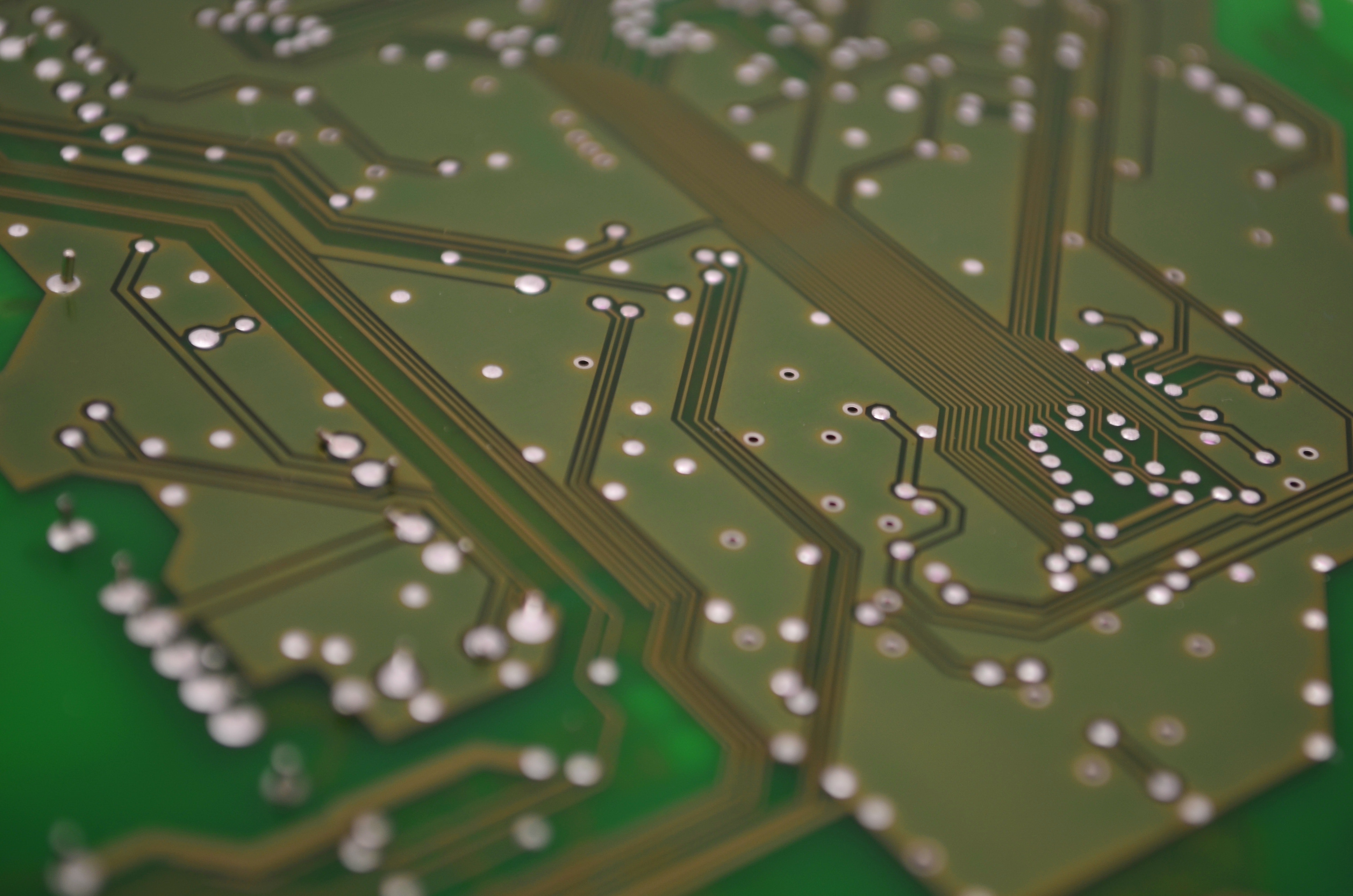Artificial intelligence (AI) used to be the stuff of sci-fi, comic books, and fantastical thinking, but like many sci-fi ideas, it has stepped confidently out of fiction, and into reality. AI is being used in industries from retail and e-commerce to banking and finance, but one of the biggest adopters of AI is healthcare. And it’s not hard to imagine why. Medical care has been and will always be a field where better research, technology, and methods directly translate to saving lives and improving community health. Finding those innovations, those elevations in care, will always be a worthy cause. But AI in healthcare specifically opens a door that can change the way illness and injury are approached from the start.
How is AI used in healthcare?
AI has applications across the spectrum of healthcare, from bedside care in hospitals and patient diagnosis to research and drug development. Because healthcare AI is designed to detect and interpret patterns, similarly to how a human brain would, it can be introduced to the many data-heavy areas of healthcare. Healthcare AI can be used to monitor patients for significant variations in vitals over time. It can be designed to shift through swaths of data from trials or map out potential reactions between drugs and proteins before testing in labs. In fact, AI algorithms were used by Moderna to speed up research capacity for their COVID-19 vaccine.
Dave Johnson, chief data and artificial intelligence officer at Moderna, said in an interview about AI in healthcare with MIT Sloan Management Review, “We don’t think about AI in the context of replacing humans. We always think about it in terms of this human-machine collaboration, because they’re good at different things. Humans are really good at creativity and flexibility and insight, whereas machines are really good at precision and giving the exact same result every single time and doing it at scale and speed.”
Keeping Humans in the System
The marriage of machine and man is alive in our everyday life, but some have concerns about AI and automation removing humans from the system altogether, especially in the healthcare field where human empathy and compassion is vital to proper care. However, those who work with AI and machine learning understand that the technology provides insights and speeds up manual processes, thus improving the patient experience. Humans produce creativity, ingenuity, and purpose within the work, and can take machine data and bring it into the real world.
So what about healthcare AI in bedside care, skilled nursing, and general practice? AI unlocks new tools that provide clinicians with advanced data and predictive alerting. This means care teams can be proactive in treatment—avoiding negative outcomes instead of waiting for them to happen. VirtuSense’s AI technology is based around using machine precision to get doctors, nurses, and therapists one step ahead of what's coming. AI in healthcare is an extremely advanced tool that sets providers up for success and smooth roads for patient recovery.
Find out more about VirtuSense Technologies’ Healthcare AI.


